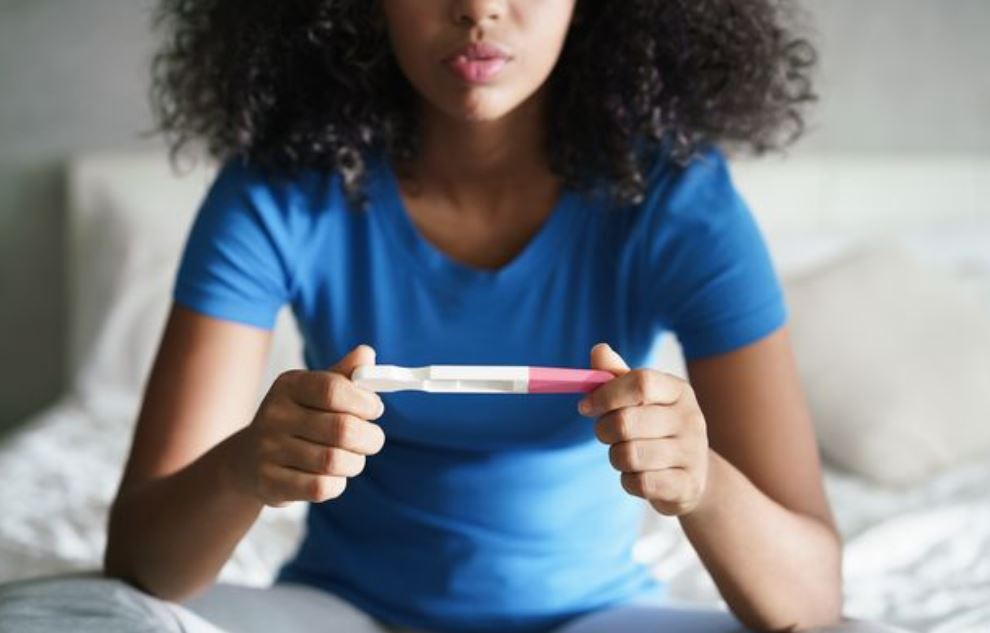
The fact that obesity has been accepted by many as the norm means it has diminished the attention we give the increasing prevalence of diabetes, both type 1 and 2.
But the pandemic is a wake-up call – figures show that people with diabetes are much more likely to suffer a serious Covid-19 illness and are also more likely to die from it.
I hope the coronavirus will make everyone take diabetes much more seriously and try to avoid the lifestyle that risks type 2.
Now we learn there’s another risk for diabetes. Researchers at Copenhagen University Hospital in Denmark are relating miscarriage to a higher risk of type 2 diabetes.
The leader of the study, Dr Pia Egerup, said: “We cannot rule out that the psychological distress related to pregnancy loss can initiate lifestyle changes that increase Body Mass Index and thereby the risk of type 2 diabetes.
ALSO READ: A miscarriage almost destroyed my marriage- Size 8
“Our analysis, in which we adjusted for obesity, still showed a significant association between pregnancy loss and type 2 diabetes, with more losses leading to a higher risk. This indicated that the higher risk for type 2 diabetes in women with pregnancy losses cannot be explained by obesity alone.”
It now seems that women who suffer multiple miscarriages are at even greater risk of developing diabetes. And that risk rises with each successive miscarriage.
The researchers found that women who experience one miscarriage are 18% more likely to develop type 2 diabetes compared with women who have never lost a baby.
Two miscarriages were linked to a 38% higher risk, and three miscarriages increased the chances by 71%.
The researchers are advising women who have had three or more miscarriages to have their blood sugar levels frequently monitored during pregnancy so that they can be given advice to lower their risk, and treatment to head off diabetes.
ALSO READ: I suffered a miscarriage after being drugged – claims Nandy
The study included more than 24,700 Danish women born between 1957 and 1997 who were diagnosed with type 2 diabetes between 1977 and 2017. It also included 247,740 women without diabetes as controls.
Each sufferer was matched with 10 control women of the same age and education but without diabetes so that the scientists could calculate the chances of developing type 2 diabetes according to how many had had miscarriages.
Dr Egerup said: “Perhaps the same genetic background (for miscarriage and diabetes) could predispose to an increased risk for both.
“Also, pregnancy loss could initiate an immunological cascade that also could lead later to type 2 diabetes.”
 The Standard Group Plc is a multi-media organization with investments in media
platforms spanning newspaper print
operations, television, radio broadcasting, digital and online services. The
Standard Group is recognized as a
leading multi-media house in Kenya with a key influence in matters of national and
international interest.
The Standard Group Plc is a multi-media organization with investments in media
platforms spanning newspaper print
operations, television, radio broadcasting, digital and online services. The
Standard Group is recognized as a
leading multi-media house in Kenya with a key influence in matters of national and
international interest.



